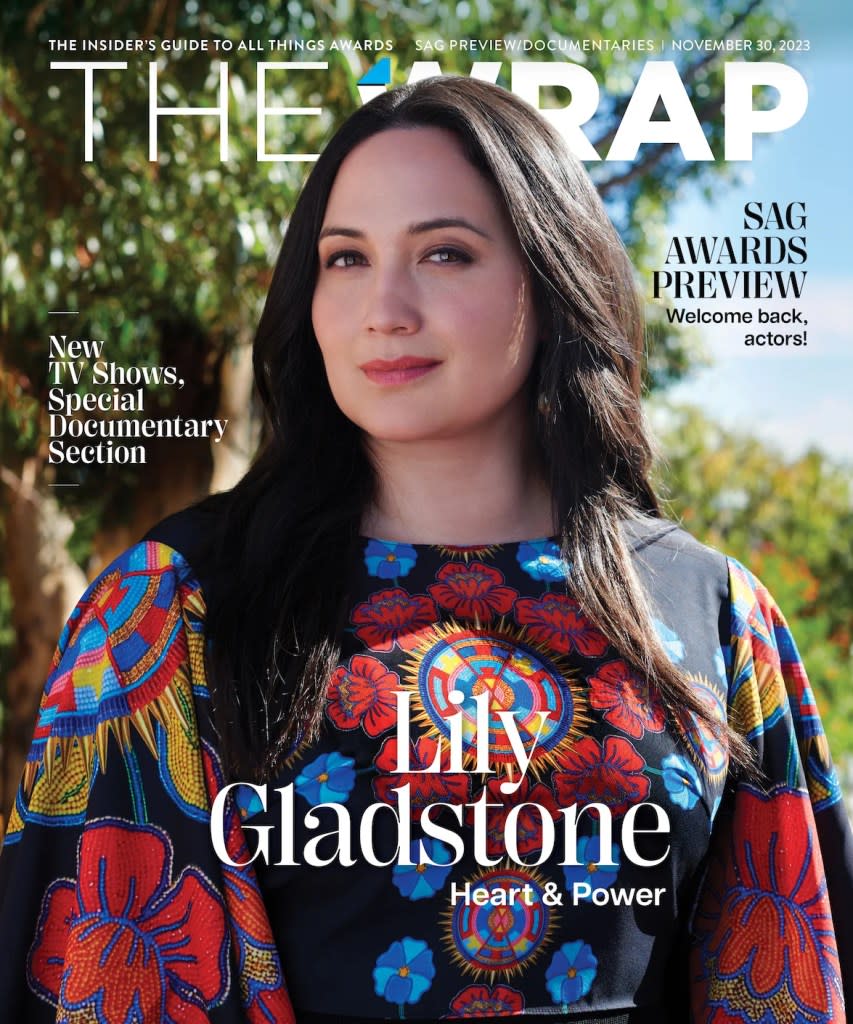‘The Eternal Memory’ Director Says a Filmmaking Error Added Extra Poignancy to Her Film
An Oscar nominee in 2021 for “The Mole Agent,” director Maite Alberdi turns her empathetic lens to a tender, topical love story. Her new documentary “The Eternal Memory” focuses on the relationship between Chilean writer Augusto Góngora (1952- 2023), battling Alzheimer’s disease, and his wife, actress Paulina Urrutia.
The film is being distributed by MTV Documentary Films, which since 2019 has been run by Sheila Nevins, an industry legend from her decades at HBO. And in it’s own way, “The Eternal Memory” (now available to rent on streaming platforms) is an easily relatable and mainstream movie, despite the difficult subject matter of Alzheimer’s.
TheWrap: You began this film about six years ago. So as you were working on “The Mole Agent” you had already started making “The Eternal Memory?”
Maite Alberdi: Yes, we were already working and shooting. We filmed for about five years, and we visited Augusto and Paulina about once per week. Then the pandemic happened and we were completely locked down, so Paulina was given a camera and she filmed during that time.
What was your concept for the project in the early stages?
At the beginning, it was completely different. When Augusto got Alzheimer’s he wrote about it in an important magazine in Chile. And a couple of months later I was teaching in a university where Paulina worked and she brought him to work. It was so special for me to see someone with dementia who was integrated into society. That was unexpected because, in my previous films, I’ve worked a lot around issues of the isolation of independent people and loneliness.
But this is not a story about his disease. How did you achieve that?
I realized that there were many things that he never forgets. He never forgets his love, he never forgets his pain. He never forgets the friends that he lost during the Pinochet dictatorship. And I realized that, by Augusto allowing us to come into his home, it’s really all of us who reveal our fragility.
In that way, it’s very touching for me as a documentary filmmaker, too. A lot of his friends at the funeral said that they hadn’t seen him in a long, long time. And because they were honest, they were saying, “I was afraid to see him and to face myself.”
You mentioned Pinochet. This past September 11th marked the 50th anniversary of his military coup in Chile. You find fascinating ways to comment on that period of history.
Yeah, preserving history was a large part of Augusto [Góngora]’s job. And that was his obsession. I had to represent his concerns for the preservation of historical memory. He wrote a whole book about that. And until the very end, he remembered the dictatorship.
I have the archive of a speech that he gave, where he was saying, “We Chileans don’t have to think in numbers. We don’t have to think in dates. We just have to preserve our emotional memory and to build the country from that place.”
And, in a way, what he’s saying is: “You can manipulate information, you can erase information, but you are not going to erase the pain of the people in this country. That’s something that you cannot manipulate.” So even when he can’t remember dates, the pain is still there. Just in the same way that the love is still there.
And that’s what connects the country’s history with his disease.
Yes. It’s like another understanding of memory. It does connect to the understanding of history that we need to have for new generations. It’s not only to make narrative from the facts, but it’s also to make the narrative from the emotions. That’s the only way to preserve it.
Unfortunately, the effects of his dementia did accelerate during the lockdown. Was there a moment when you decided to stop filming?
There was. In documentaries, there’s always a big discussion about ethical lim- its. In this case, Paulina and Augusto never told me to stop. So I had to decide. And one day, after five years of shooting, it was clear that he was feeling like he lost his identity. In filming him for the previous five years, I deeply knew him. But on that day he was so uncomfortable with himself. So I knew. That was the day that I stopped shooting the film.
For the footage when Paulina was using the camera there are often shots of Augusto that are out of focus. It’s a camera error that’s nonetheless very poignant and powerful.
That wasn’t intentional. And at first I thought that I’d never use this material because I’m super concerned about getting the perfect shots. But the footage was so deep, so intimate, so profound. There are things that happen in the middle of the night when I would never have access.
And the footage being out of focus, well, it works too because it’s meaningful — it connects to the loss of memory. And you realize that you don’t need to see everything in focus in order to understand.
A version of this story first appeared in the SAG Preview/Documentary issue of TheWrap’s awards magazine.
Read more from that issue here.

The post ‘The Eternal Memory’ Director Says a Filmmaking Error Added Extra Poignancy to Her Film appeared first on TheWrap.


